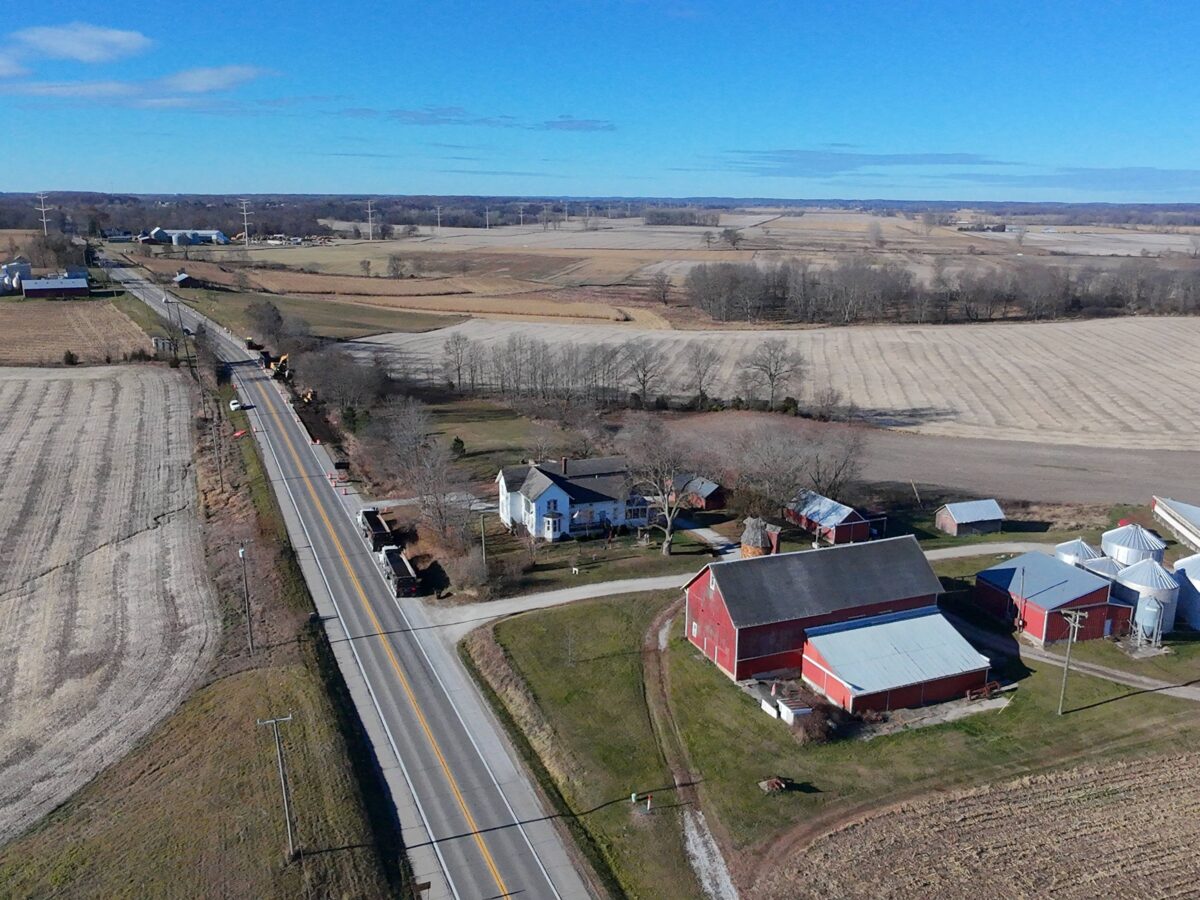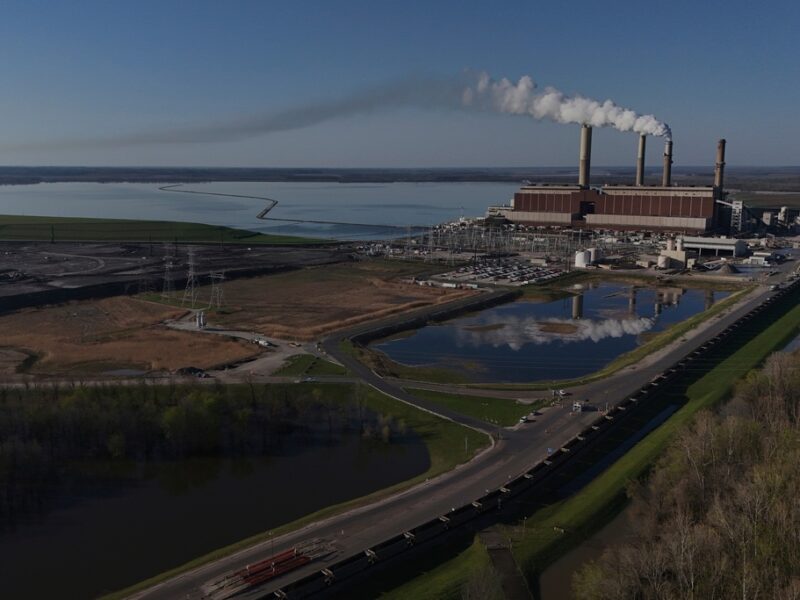Overview:
-Environmental justice faces setbacks as the Trump administration moves to dismantle EPA initiatives.
-Metro Detroit takes proactive steps against flooding with a $10.48-million study launched by the U.S. Army Corps of Engineers and the Great Lakes Water Authority.
-Kalamazoo's air quality monitors reveal rising fine particulate matter levels since 2021.
🏭 The Trump administration is dismantling environmental justice initiatives within the Environmental Protection Agency, placing approximately 170 employees on administrative leave and aiming to abolish related offices by March 2025. Established in the early 1980s, these programs address the disproportionate pollution burdens on nonwhite and low-income communities. Critics argue that eliminating these programs could exacerbate environmental inequities and harm public health in vulnerable areas. 📌 Source: The New York Times
✂️ EPA Administrator Lee Zeldin announced the rollback of 31 environmental regulations, including those targeting pollution from coal-fired power plants, climate change, and electric vehicles. Zeldin asserts these changes will reduce regulatory costs and boost American manufacturing. Notably, the EPA plans to reconsider the scientific finding that greenhouse gases pose a public health risk, a foundation of previous climate policies. Environmental advocates argue these rollbacks could increase pollution and have pledged to challenge them, emphasizing the scientific consensus on climate change threats.
📌 Source: The Associated Press
🌊 The U.S. Army Corps of Engineers and the Great Lakes Water Authority have initiated a seven-year, $10.48-million study to address flooding in Metro Detroit. Launched in July 2024, the Southeast Michigan Flood Risk Management Feasibility Study aims to enhance the region’s resilience to flooding by exploring solutions such as separating combined sewer systems and implementing green infrastructure like rain gardens. The study will culminate in a comprehensive plan, which the agencies will present to Congress for potential funding. 📌 Source: The Detroit News
🚮 Michigan’s landfills are projected to reach capacity in 21 years, according to state environmental officials. The Michigan Department of Environment, Great Lakes, and Energy says increased recycling efforts could extend landfill lifespans and mitigate environmental impacts. EGLE emphasizes the importance of reducing waste and enhancing recycling programs to address this pressing issue. 📌 Source: Michigan Public
🔌 Ann Arbor is developing a Sustainable Energy Utility to create a local, renewable-based electric power grid operating alongside the existing system. The SEU aims to enhance energy resilience and sustainability by integrating solar panels, battery storage, and advanced microgrid technology. This initiative seeks to reduce reliance on fossil fuels, lower carbon emissions, and provide more reliable power to residents, positioning Ann Arbor as a leader in innovative energy solutions. 📌 Source: The Conversation
😷 Air quality monitors in the Kalamazoo area have detected increased levels of fine particulate matter (PM2.5) since 2021, raising concerns among state environmental officials. The Michigan Department of Environment, Great Lakes, and Energy is investigating potential sources but has yet to identify a definitive cause. Elevated PM2.5 levels can pose health risks, particularly for individuals with respiratory conditions. EGLE plans to conduct further studies to determine the origin of the pollution and develop mitigation strategies.
📌 Source: MLive
🐦 The Monroe County Health Department confirmed Michigan’s first case of highly pathogenic avian influenza in 2025, detected in a small backyard flock. No human cases have been reported, and the risk to humans is considered low. Poultry owners are advised to enhance biosecurity measures, such as preventing contact between domestic and wild birds, practicing thorough hygiene, and securing feed to minimize contamination risks. 📌 Source: The Monroe News
💰 Detroit has been allocated $346 million in Community Development Block Grant Disaster Recovery funds by the U.S. Department of Housing and Urban Development to address housing and infrastructure issues stemming from major flooding in 2023. The city is actively seeking resident input to determine the most effective use of these funds, aiming to enhance housing conditions and bolster infrastructure resilience against future flooding events. 📌 Source: CBS Detroit
Editor’s note: This story has been updated with additional information.
the latest from planet detroit
Judge denies Saline Township resident’s move to intervene in data center settlement
Washtenaw County judge finds resident Kathryn Haushalter’s motion to intervene in settlement came too late and would only apply to an open case.
Trump EPA loosens coal emissions standards
Limits on mercury and other toxic emissions were first put in place by the Obama administration, which cut mercury pollution by roughly 90%. The Biden administration tightened them further.
Winter blues got you down? The solution might just be at your local Detroit park.
Detroit’s harsh winters bring more than just cold; they cast a shadow over residents’ mental health. With up to 40% of Michiganders experiencing Seasonal Affective Disorder, local groups like the Detroit Riverfront Conservancy and Friends of Rouge Park are stepping up.





